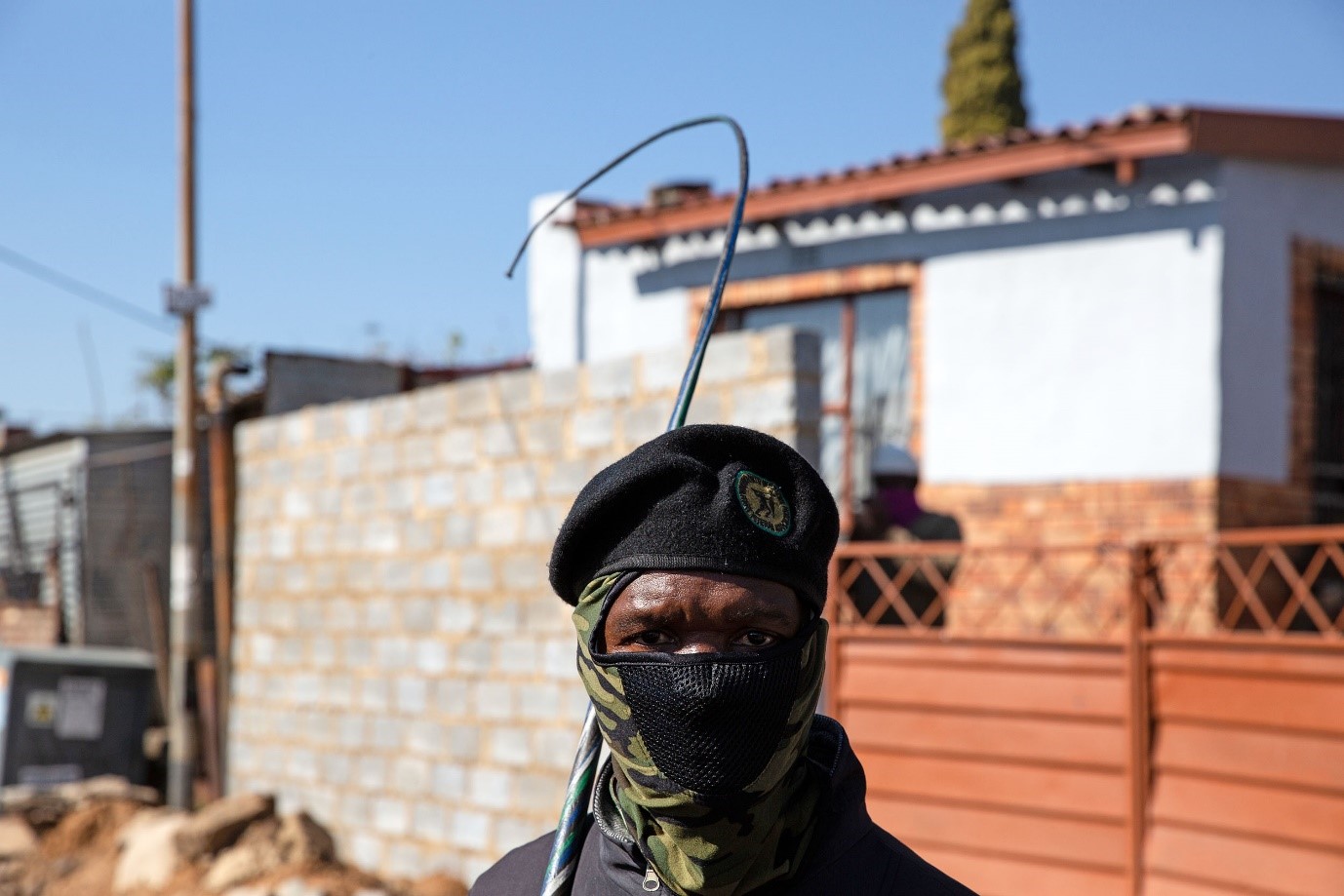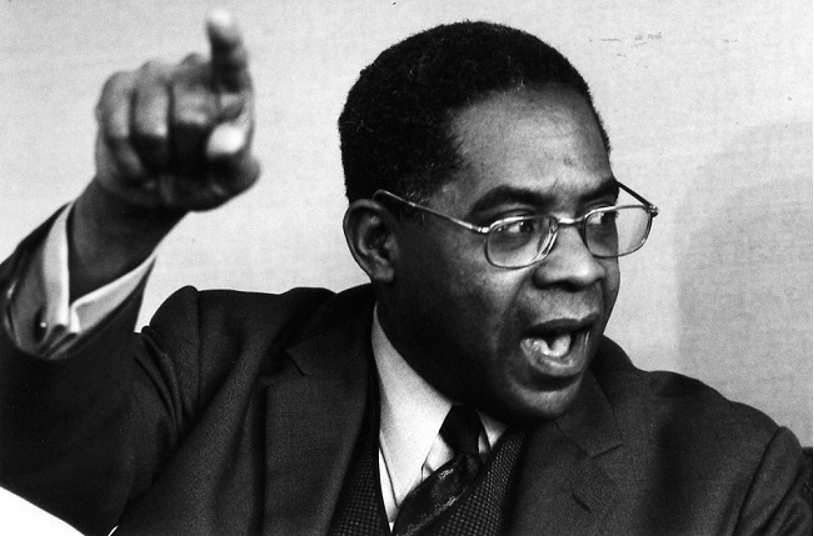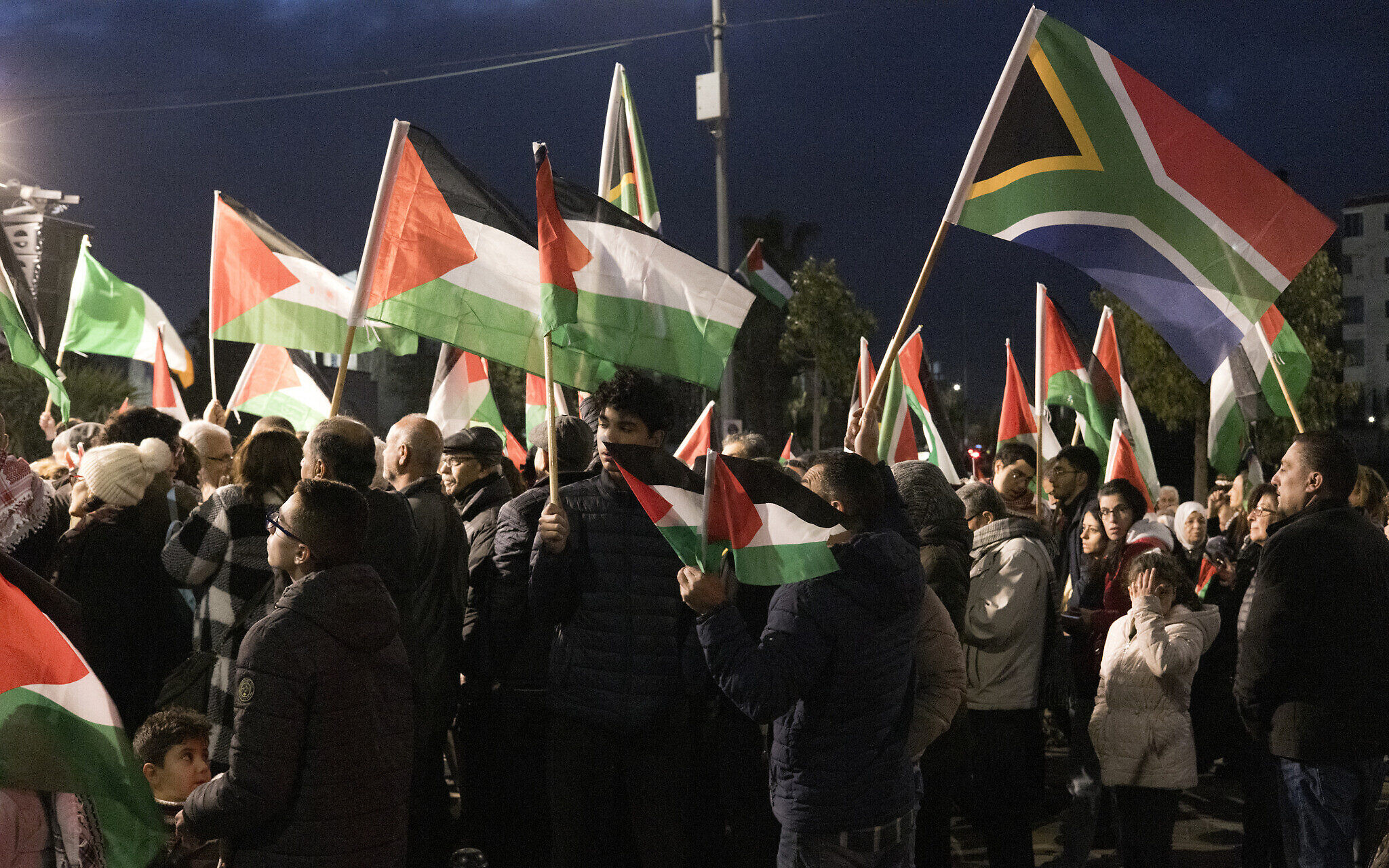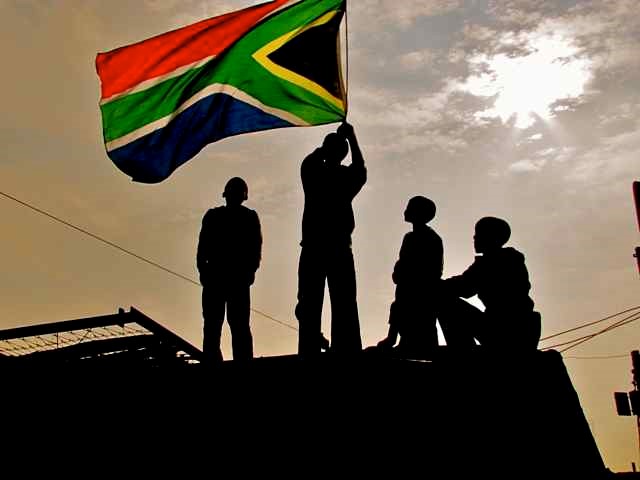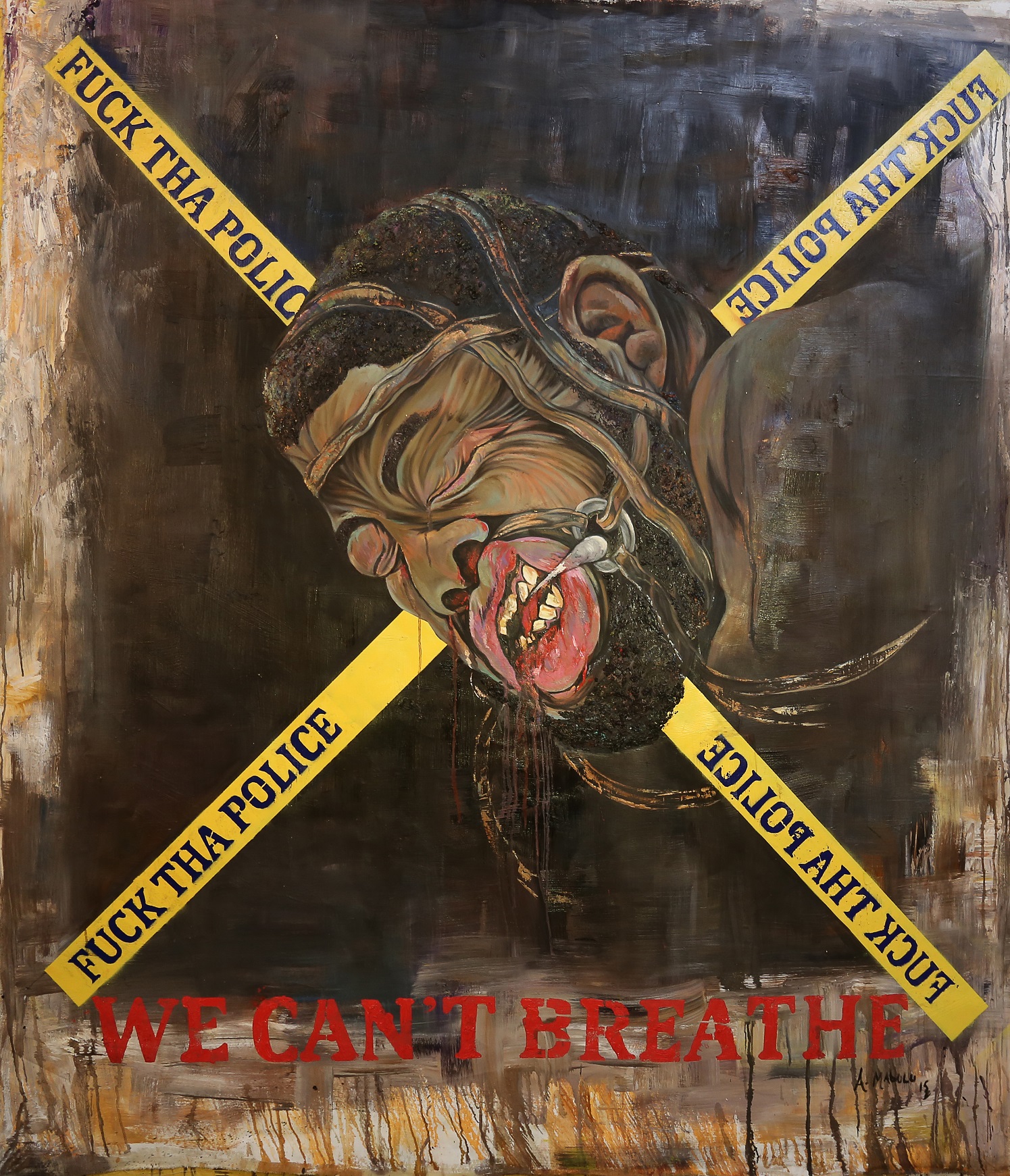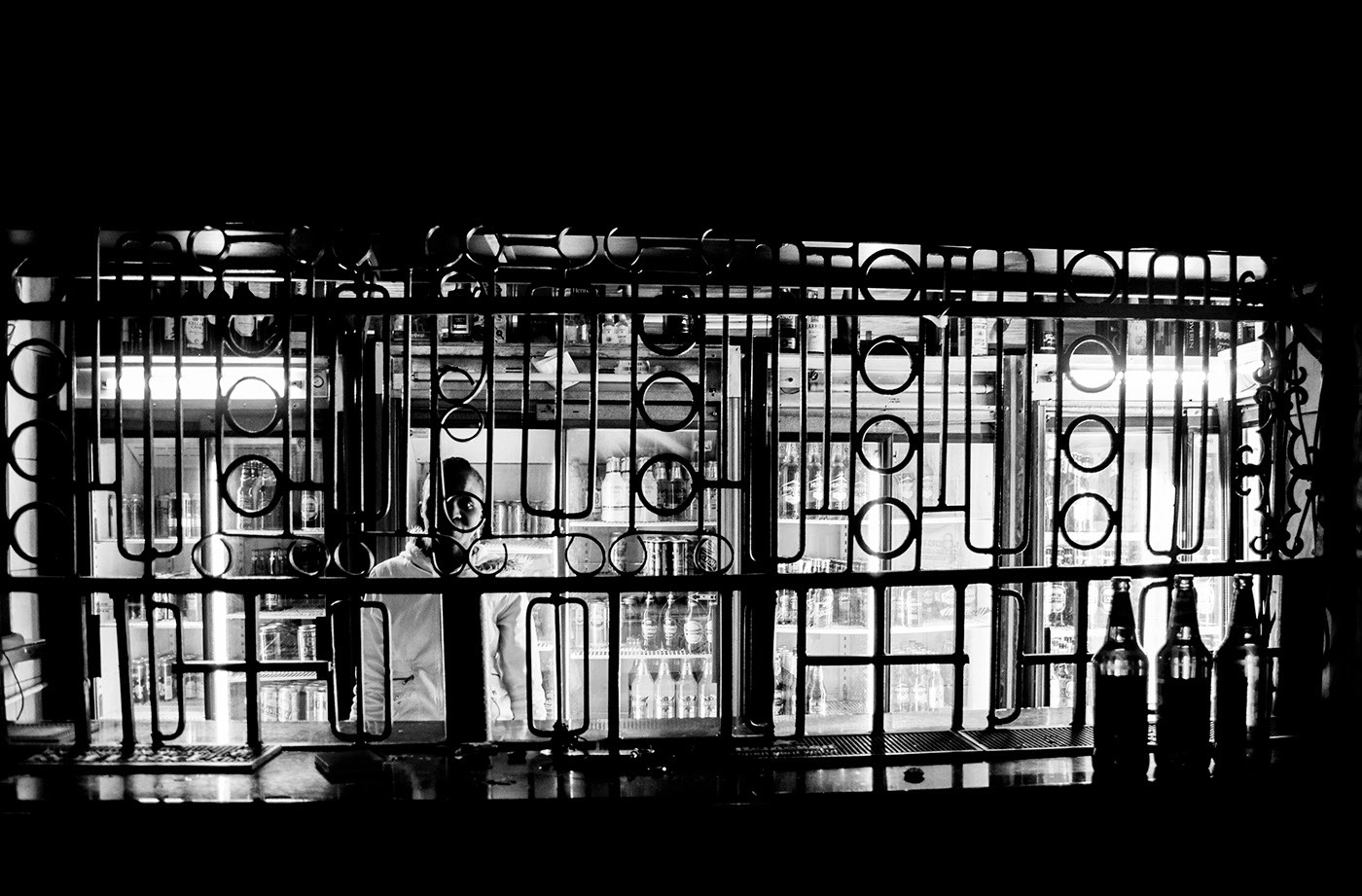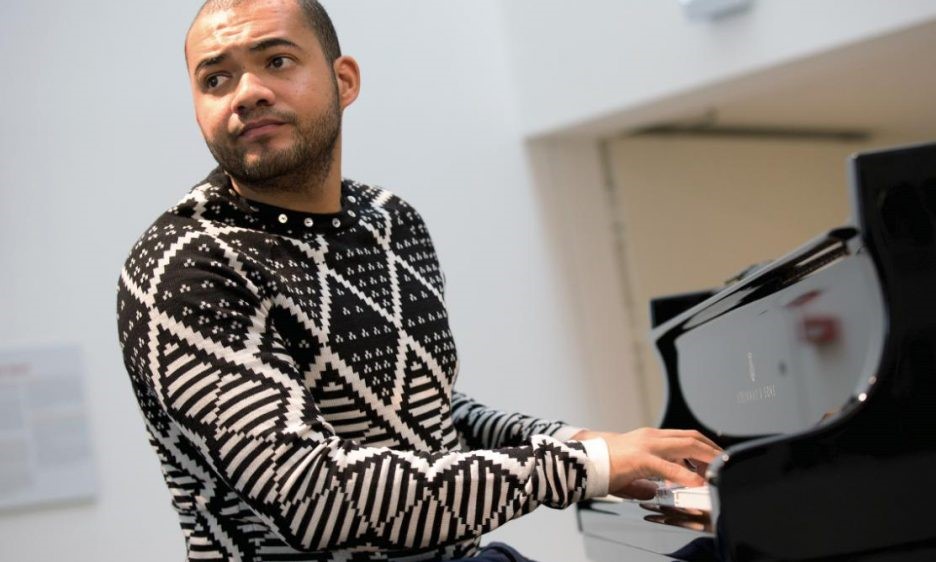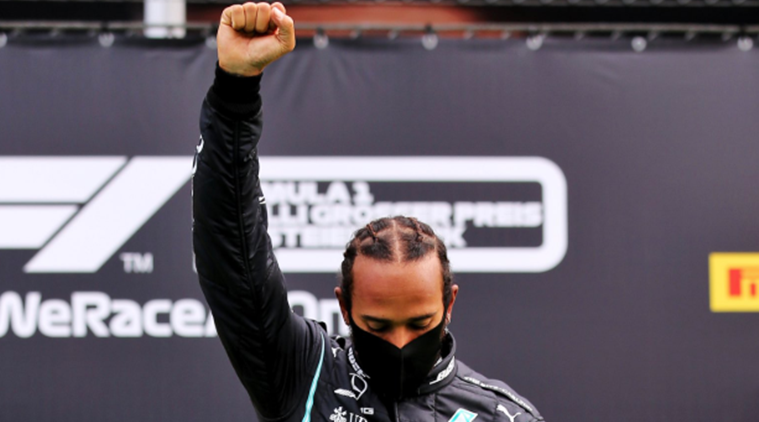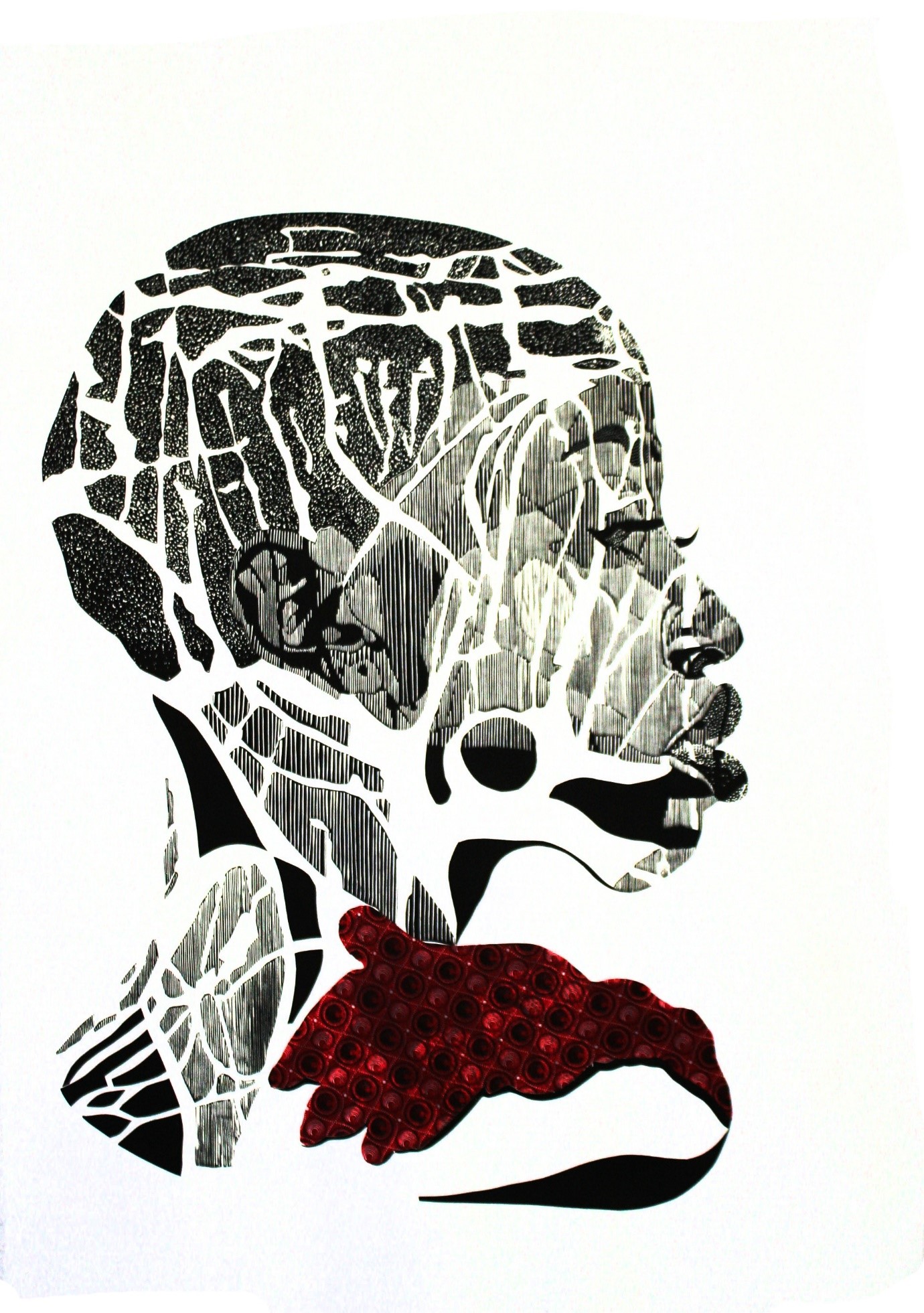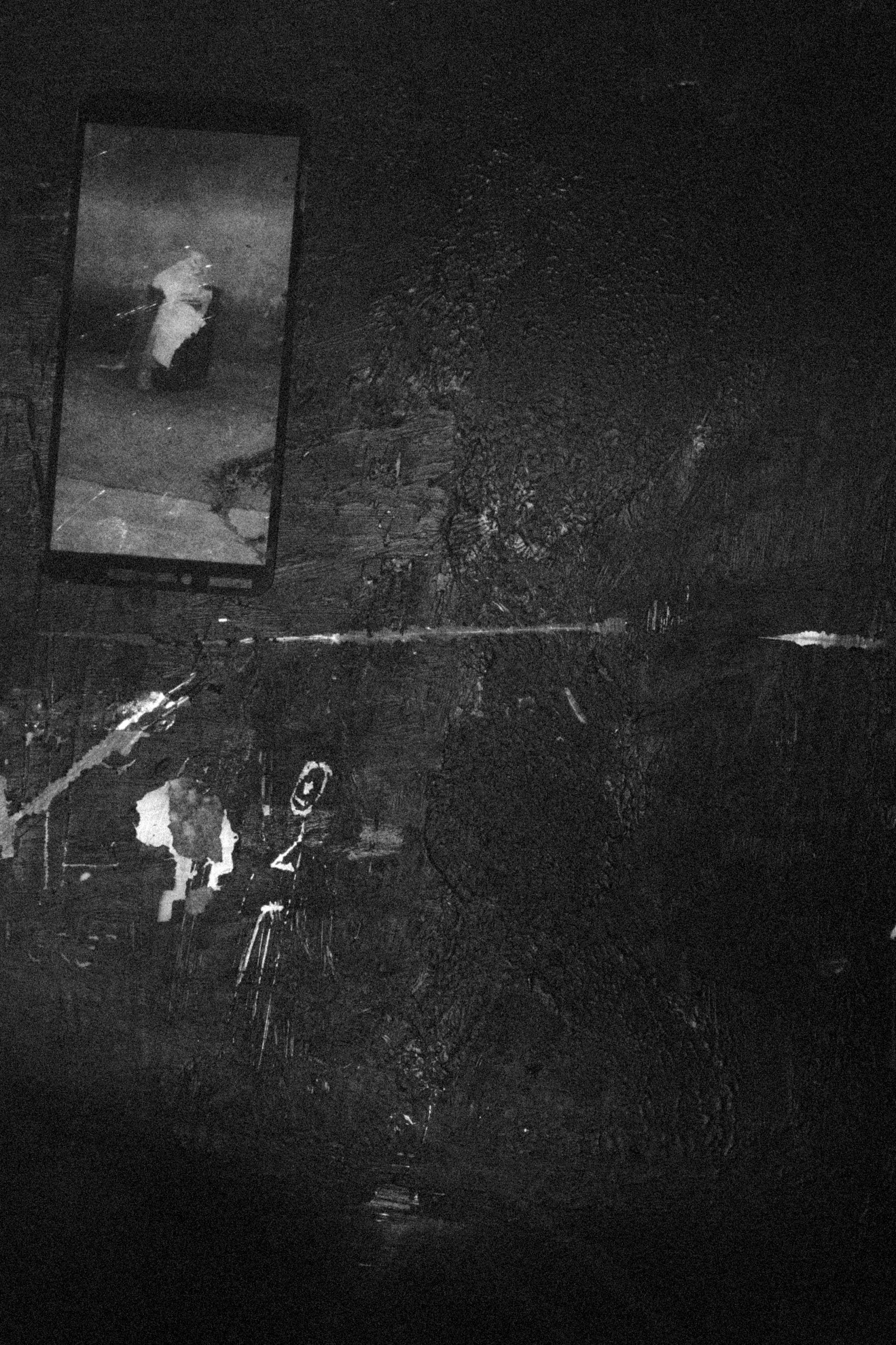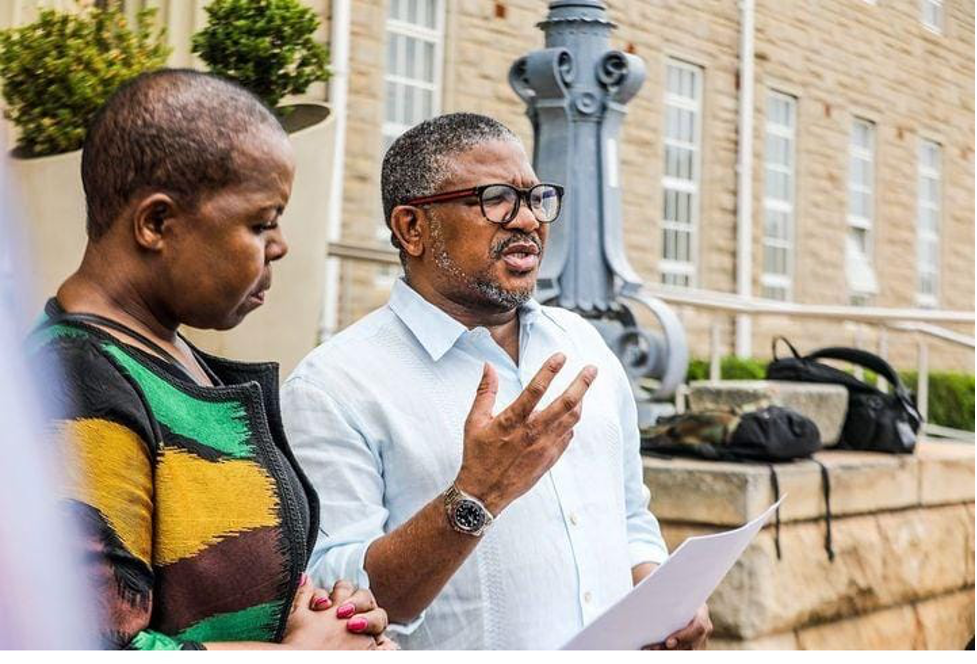“You in the castle of your skin, I the swineherd” (Derek Walcott).
The great John Henrik Clarke argued that “in order to understand a nation one must go back to its founding moment, to know who founded it and for whom”. This means that nations are created intentionally by a particular group of people to further their interests. Nations as historical and political products result in the creation of identities. It is in this sense that nationhood and identity are normally premised on the dialectic of exclusion and inclusion. South Africa as a nation and South African as an identity are no exception to this general rule of nation-building. It is this dialectic of exclusion and inclusion which gives rise to politics of nationalism and integrationism. This dialectic has a long history in the evolution of white settler colonialism in South Africa.
The dialectic of exclusion and inclusion is manifesting itself through Operation Dudula. This Operation aims at addressing the problem of foreign nationals in South Africa. It is a recent manifestation of what is now called Afrophobia. It is an extension of the so-called xenophobic attacks which saw a lot of Africans from outside South Africa being brutally killed by the so-called black South Africans. Many arguments have been offered to account for Operation Dudula. Some argue that the problem lies with bureaucratic dysfunction in terms of immigration Laws. The government is said to be the problem in managing the number of foreign nationals in South Africa. Another argument is premised on political economy. According to this argument, the problem is that white monopoly capital in South Africa is dividing blacks by exploiting black foreign nationals in South Africa. This means that the problem of jobs is a creation of white monopoly capital which results in black-on-black violence as blacks fight for crumbs from a white exploitative economic system. While these two arguments make sense, they have their shortcomings. The legalistic one about immigration laws is liberal as it accepts the rule of law of South Africa as enshrined in the current anti-African constitution. In the political economy, one risks economic reductionism by reducing the problem of Afrophobia to issues of unemployment and income.
The core of our argument is that the problem is not immigration laws and unemployment but South Africa itself. The issues of legal management of foreign nationals and unemployment are the symptomatic manifestation of the fundamental problem which is South Africa itself. The analysis of the fundamental problem also contains a resolution. It is in this sense that we argue that to resolve Operation Dudula and its future manifestation, Africans must reject the identity of being black South Africans and must destroy South Africa itself.
Where do South Africa and South African come from? Saul Dubow in Colonial Nationalism, the Milner Kindergarten and the Rise of 'South Africanism', 1902- 10 traces the origin of South Africanism and South Africa to the efforts at racial reconciliation among the English and Boers after the South African War. Dubow argues that British officials called the Kindergarten, helped the likes of Milner and Smuts to formulate the idea of a united South Africa between the Boers and the English. This racial reconciliation among white settlers was at the expense of Africans. Dubow argues that “a comprehensive resolution of the 'native question' was a precondition of the creation of a unified white South Africa”. It is in this sense that South Africa was founded by white settlers for white settlers to the exclusion of Africans. This is white South Africanism 1.0. South Africa was founded by white foreign nationals as European conquerors who dispossessed Africans of their land in 1652. South Africa was founded on inclusive white nationalism promoted by the likes of Smuts to deal with the racist fiction of the “native problem”.
Segregation as racial exclusion is at the foundation of South Africa. This segregation meant that South Africa is a “white man’s country”. The racial nationalism of white settlers that built South Africa resulted in resentment among dispossessed Africans who were now classified as foreign nationals in South Africa. White settlers in South Africa were “in the castle of their skin” without landless Africans. Some of these landless Africans decided to appeal to be integrated into South Africa so that it can also be a “castle of their skin”. These Africans as black foreign nationals were “formally” integrated into South Africa in the so-called post-apartheid era to form the so-called new South Africa. They are now called black South Africans who regard other black non-South Africans as foreign nationals. Operation Dudula is an extension of South Africanism 2.0 which is based on double consciousness. This South Africanism 2.0 was initiated by the ANC’s appeal to be integrated during the formation of South Africa in 1910 and perfected in the so-called negotiations to build the so-called new South Africa. The double consciousness of the black South Africans is based on trying to be both black and South African. This is impossible since South Africa is foundationally white. White South African is redundant while black South African is a futile contradiction in terms. Blacks must restore their land and reject this double consciousness by destroying South Africa. In the place of South Africa, these blacks must restore Azania of all Africans premised on Africa for the Africans, so that they can finally be “in the castle of their skin”. Operation Dudula will not help Africans as it dangerously changes the “white settler question” into the “black non-South African question” in the figure of their fellow Africans. White settlers will remain “in the castle of their skin” on the dispossessed African land as long as there is Operation Dudula and its reconfigurations. Africans need Poqo and not Dudula.

